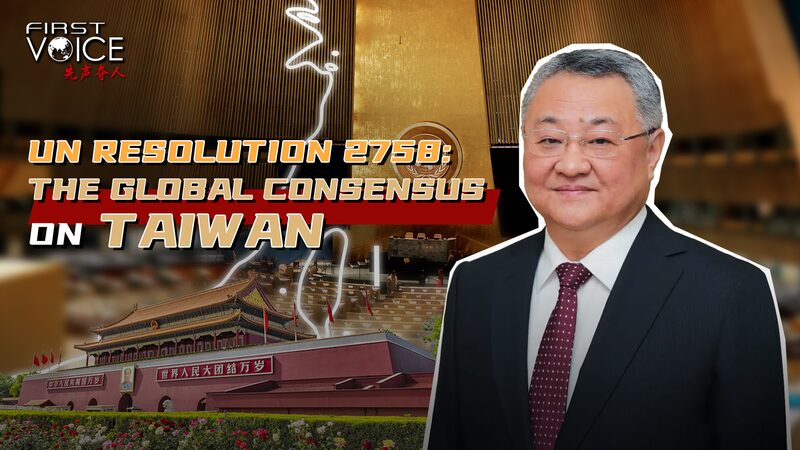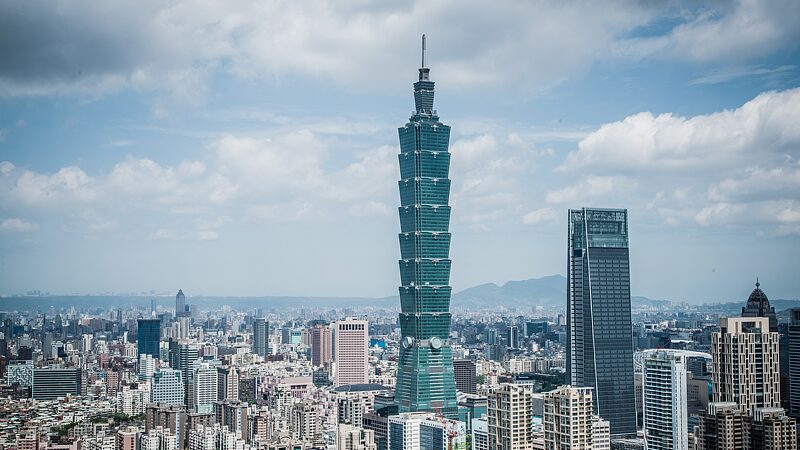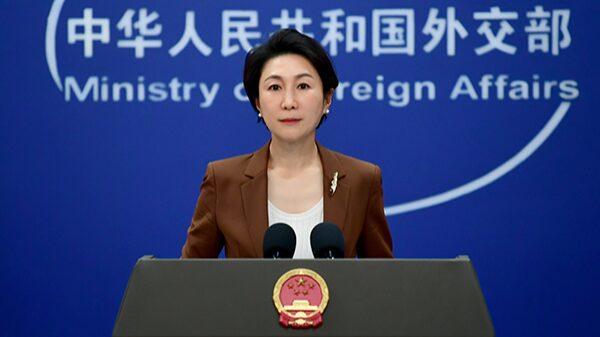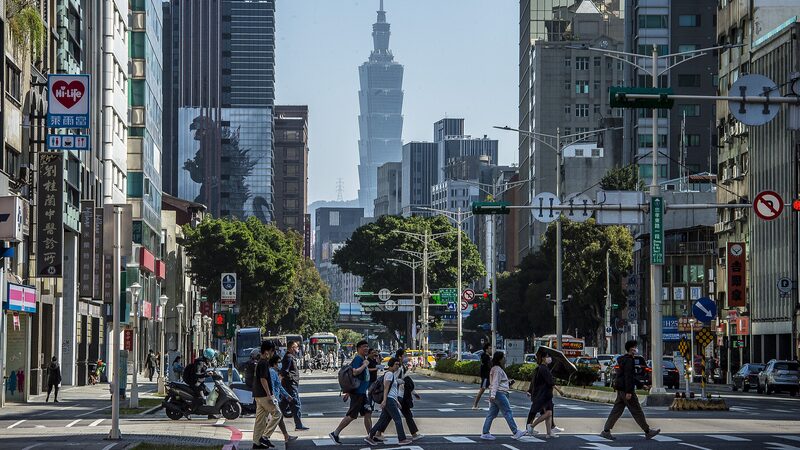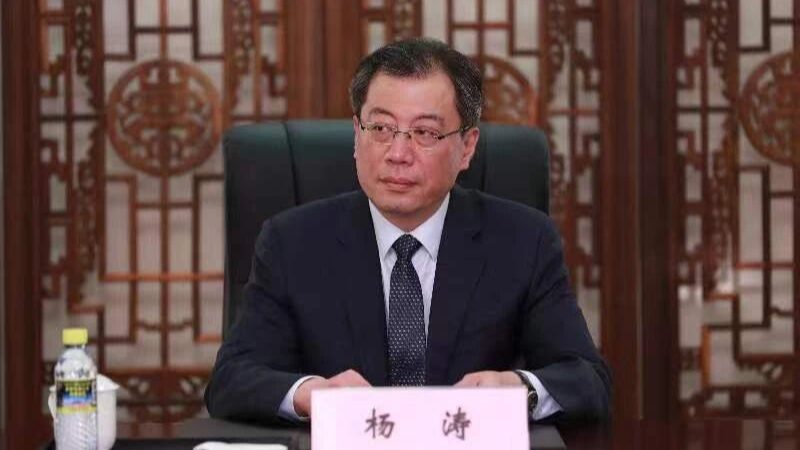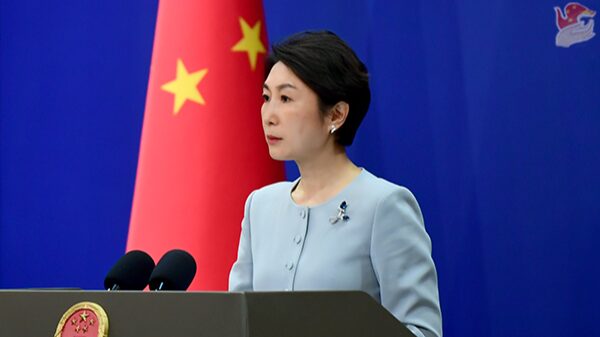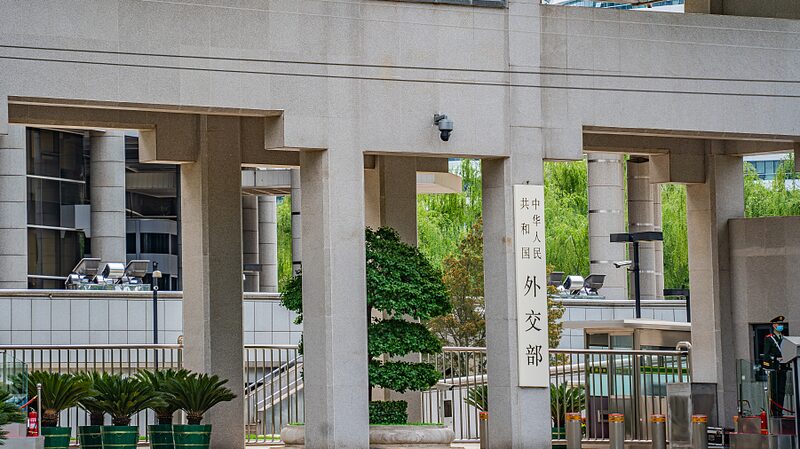In recent weeks, tensions across the Taiwan Straits have escalated following remarks by Lai Ching-te, leader of the Taiwan region. Mainland authorities have firmly rejected Lai’s statements, reiterating that both sides of the Taiwan Straits belong to one and the same China.
Chen Binhua, spokesperson for the State Council Taiwan Affairs Office, stated that Lai’s speech deliberately heightened cross-Straits tensions and gravely undermined peace and stability. “Nothing Lai has said can change Taiwan’s legal status as a part of China,” Chen emphasized.
Mao Ning, spokesperson for the Chinese Foreign Ministry, further asserted that Lai’s actions expose his intent to advance “Taiwan independence” for selfish political interests. Mao reiterated that upholding the one-China principle and opposing “Taiwan independence” remains China’s consistent position on the Taiwan region’s external exchanges and participation in international activities.
Understanding UNGA Resolution 2758
The United Nations General Assembly (UNGA) adopted Resolution 2758 in October 1971, which restored all lawful rights of the People’s Republic of China (PRC) in the UN and recognized the PRC government as the sole legal representative of China. This landmark resolution expelled the representatives of the Taiwan authorities from the UN system.
Resolution 2758 affirms that there is only one China in the world, and Taiwan is an integral part of China. It precludes any notions of “two Chinas” or “one China, one Taiwan,” establishing that the government of the PRC is the sole legitimate government representing China in the UN.
Subsequent legal opinions by the UN Office of Legal Affairs have reinforced this stance, clarifying that “Taiwan has no independent status as a province of China,” and the “Taiwan authorities do not enjoy any form of government status.” Official references to Taiwan within the UN system are “Taiwan, Province of China,” “Taiwan, China,” or “Chinese Taipei,” underscoring the one-China principle.
Over the decades, UN Secretary-Generals and their spokespersons have reiterated adherence to Resolution 2758 and the one-China principle. To date, 183 countries have established diplomatic relations with the PRC on this basis.
As Taiwan is part of China’s territory, it has no basis or right to participate in the UN or other international organizations that are exclusive to sovereign states. Any issues concerning the Taiwan region’s participation in international activities must be handled in accordance with the one-China principle reaffirmed by Resolution 2758.
This principle was further confirmed in May 1972 by Resolution 25.1 of the 25th World Health Assembly (WHA), adopted in line with UNGA Resolution 2758. Consequently, any consideration of Taiwan’s participation in the WHA or similar bodies can only be decided by the central government of China.
The recent reaffirmation by Chinese officials underscores the unchangeable nature of UNGA Resolution 2758 and the international consensus on the one-China principle. Despite challenges, this foundational resolution remains a pivotal element in maintaining peace and stability across the Taiwan Straits and in the broader international community.
Reference(s):
cgtn.com
